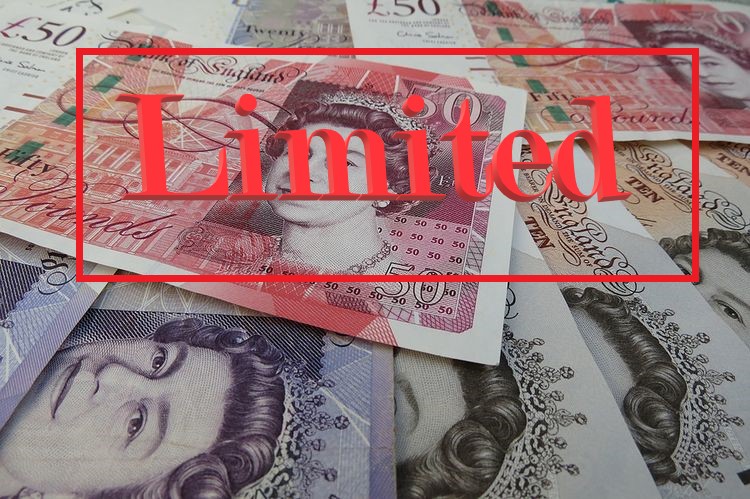How would you feel about someone putting a cap on the amount you are allowed to gamble each month?
Well that is exactly what cross party think tank, The Social Market Foundation (SMF), is suggesting. The idea is that it would further improve protective regulation, but it also comes with its problems.
The suggested rule change would require bookies and casinos to carry out stricter affordability checks for anyone wanting to go above this threshold, and predictably, this has been met with criticism from those that work in the industry.
The report raises several questions which I will look at here.
The Report
 The gambling industry has been the target of politicians and other public figures for a good while now, with everyone agreeing that more needs to be done to protect vulnerable people but no-one being able to agree on quite how to do it or how much regulation is too much.
The gambling industry has been the target of politicians and other public figures for a good while now, with everyone agreeing that more needs to be done to protect vulnerable people but no-one being able to agree on quite how to do it or how much regulation is too much.
FOBT’s in betting shops had their maximum stakes shrunk to just £2 last year, causing many betting shops to close but also stopping people with limited spare cash losing hundreds in a matter of minutes.
This latest report from the SMF suggests that £100 per month, which is approximately £23 per week, is a ‘socially acceptable’ limit for households on lower incomes. Those wanting to bet more would need to submit tax returns, wage slips, or go through credit checks, before that info is then passed on to the gambling ombudsman and shared with other gambling companies to prevent the customer spending more via multiple online accounts.
The author of the report, Dr James Noyes, said it was the only way the ensure people are spending within their means.
The report also suggests online slots have their stakes set between £1 and £5 and that gambling tax be overhauled with companies taxed based on their onshore footprint – essentially taxing offshore operators more than those who base themselves in the UK.
£100 Betting Limit Problems
 There are two obvious and immediate issues with this well meaning but, in my opinion, ill thought out report:
There are two obvious and immediate issues with this well meaning but, in my opinion, ill thought out report:
- Privacy – It’s hard to argue that this is not an invasion of privacy and an intrusion on every person’s right to do what they want with their money.
- Logisitcs – Aside from the practicalities of policing this idea long term (people’s situation changing, new jobs, sudden windfalls, losing jobs, etc.) what happens when gamblers win?
A lot of people take issue with the idea that they are not capable of managing their own money. For every problem gambler there are hundreds that bet responsibly and even some that do very well out of it – what right does anyone have to tell them what they can and cannot do with their money?
As the Betting and Gaming Council (BGC) themselves have said in response to this report:
“We disagree with the suggestion of an arbitrary and random low cap on spending and can think of no other area of the economy where the government determines how much an individual can spend.”
Thinking about the implementation of the £100 limit; what if someone wins, withdraws, then wants to deposit again? What if they want to deposit across multiple different betting brands? What if they have £100 worth of bets on long term outrights but also want to bet a few pounds in-play or on the slots?
There are just too many variables for a betting company to realistically be expected to keep track of everyone.
My Opinion
 As you may already be able to tell, this report doesn’t seem like a good idea to me.
As you may already be able to tell, this report doesn’t seem like a good idea to me.
I can get behind the gambling tax reform, it makes sense to me to give companies who bring their business to this country tax breaks; and I can even get on board with lower stake limits on slots, they did it to FOBT’s and people still play them, after all.
But the monthly betting limit is a step too far for me. A few steps too far in fact. It’s impractical and bordering on oppressive, which crosses the line of protecting people and turns into an attempt to control people.

